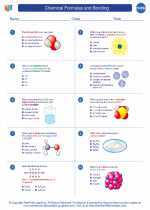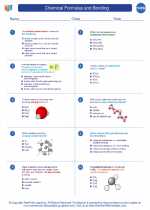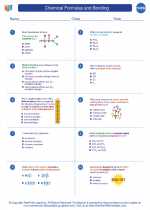Defense in Chemistry
Defense in chemistry refers to the protective mechanisms that organisms have developed to defend themselves against foreign substances, toxins, and pathogens. This defense can occur at the molecular, cellular, and organismal levels.
Molecular Defense
At the molecular level, organisms have developed various defense mechanisms to protect themselves from potentially harmful substances. This includes the production of enzymes that can detoxify harmful chemicals, as well as the synthesis of specialized molecules such as antibodies to neutralize pathogens.
Cellular Defense
Cells have intricate defense mechanisms to protect themselves from foreign invaders. This includes the recognition and engulfment of foreign particles by immune cells, as well as the activation of signaling pathways to trigger an immune response against pathogens.
Organismal Defense
At the organismal level, organisms have developed physical barriers such as the skin and mucous membranes to prevent the entry of harmful substances. Additionally, organisms have an immune system that can mount complex responses to defend against pathogens and foreign substances.
Study Guide
Key Concepts
- Molecular defense mechanisms
- Cellular defense mechanisms
- Organismal defense mechanisms
- Immune system and its components
- Role of enzymes in detoxification
- Antibodies and their function
Study Tips
- Understand the different types of defense mechanisms at each level - molecular, cellular, and organismal.
- Learn the specific molecules and cells involved in the immune response.
- Practice identifying and understanding the role of enzymes in detoxification processes.
- Explore case studies or examples of how organisms defend themselves against specific toxins or pathogens.
[Defense] Related Worksheets and Study Guides:
.◂Chemistry Worksheets and Study Guides High School. Chemical Formulas and Bonding

 Worksheet/Answer key
Worksheet/Answer key
 Worksheet/Answer key
Worksheet/Answer key
